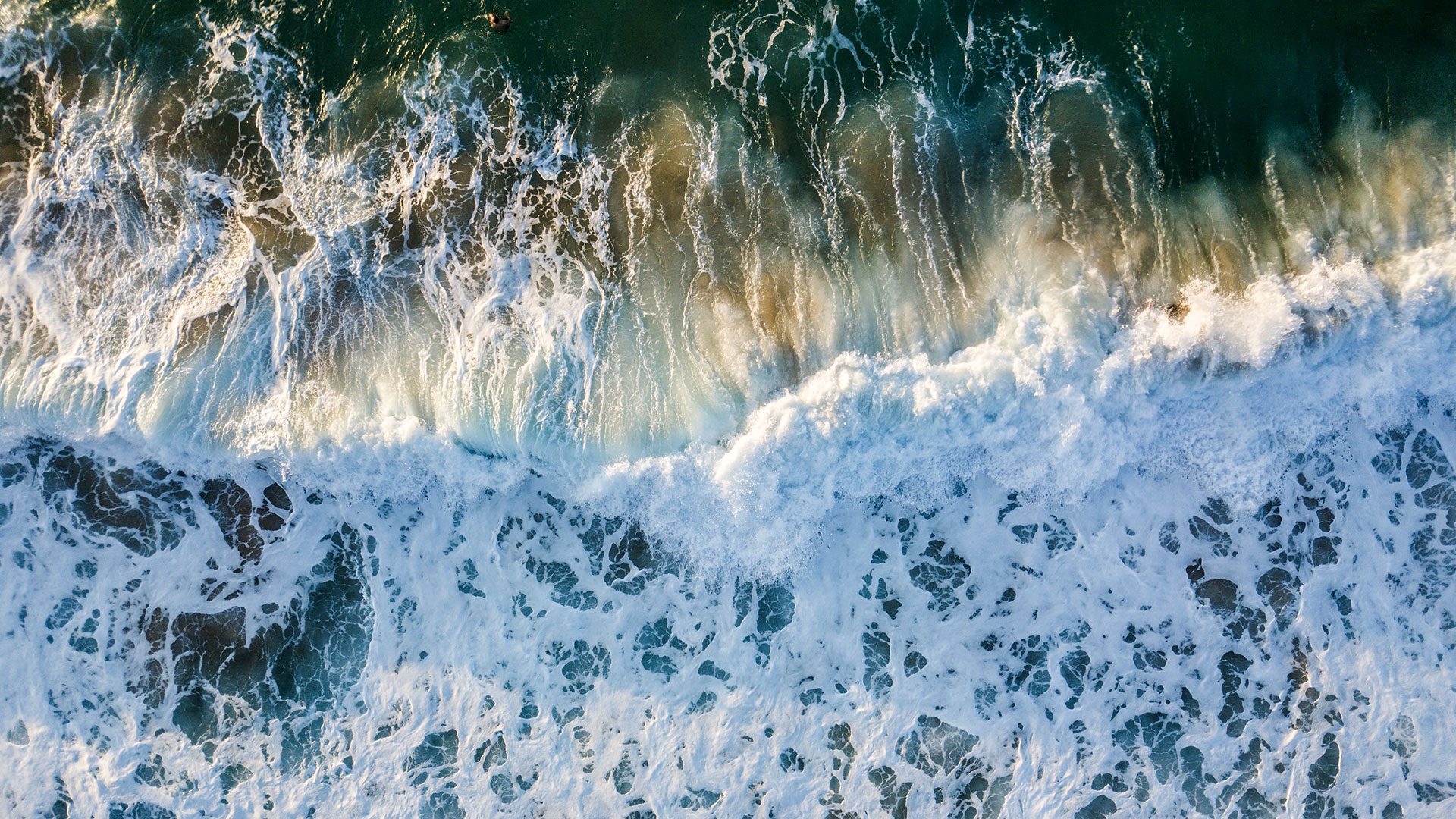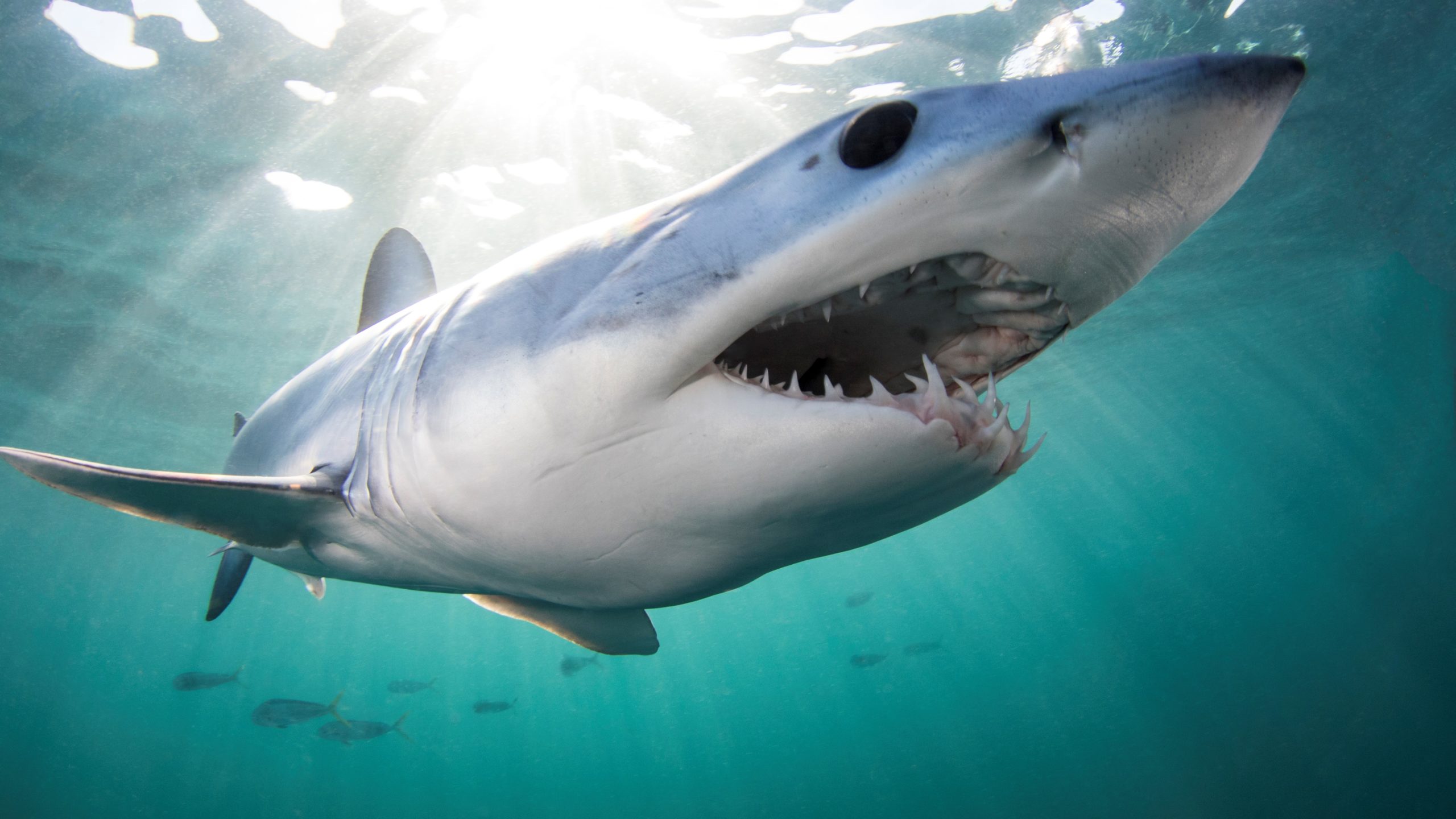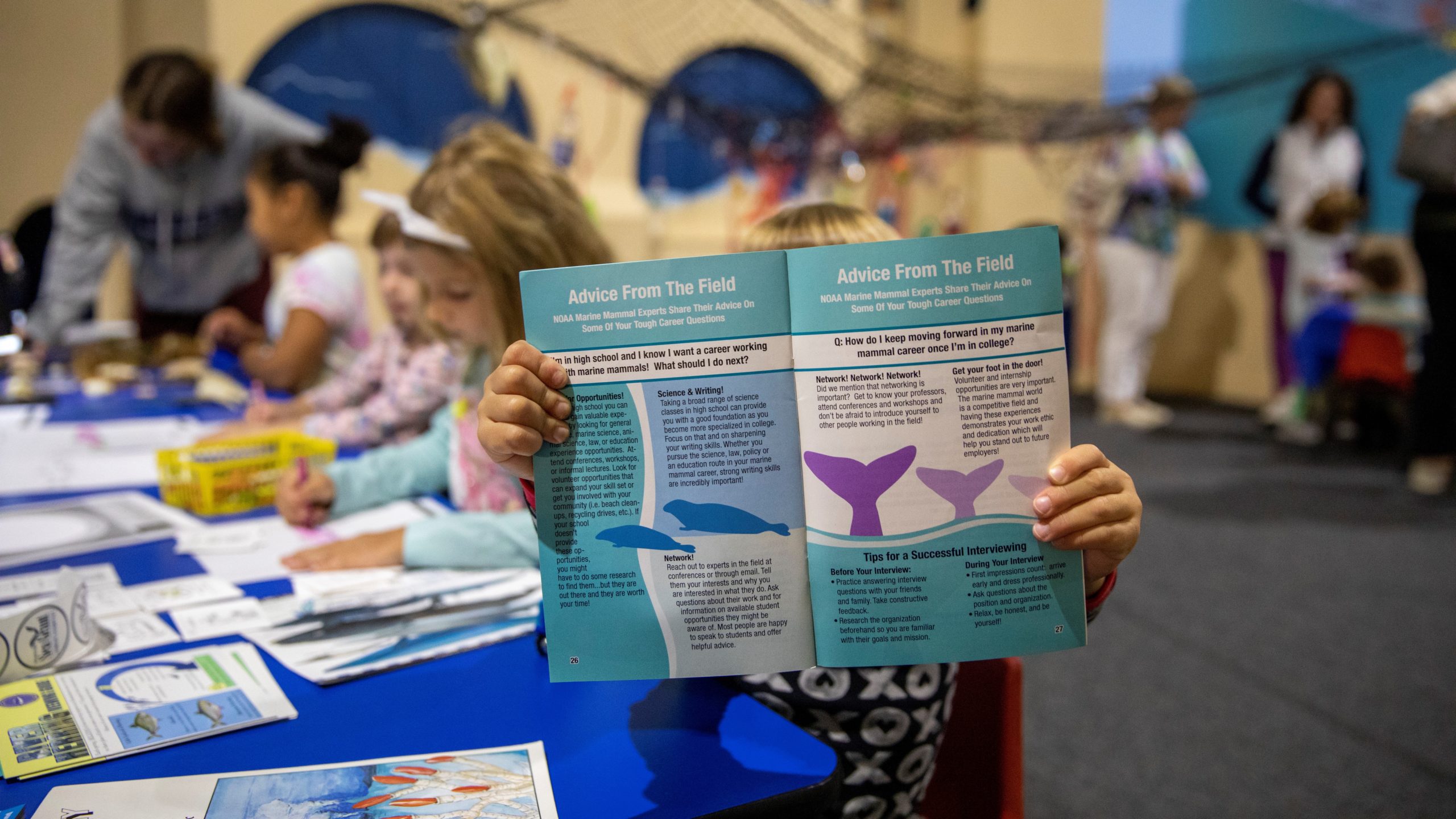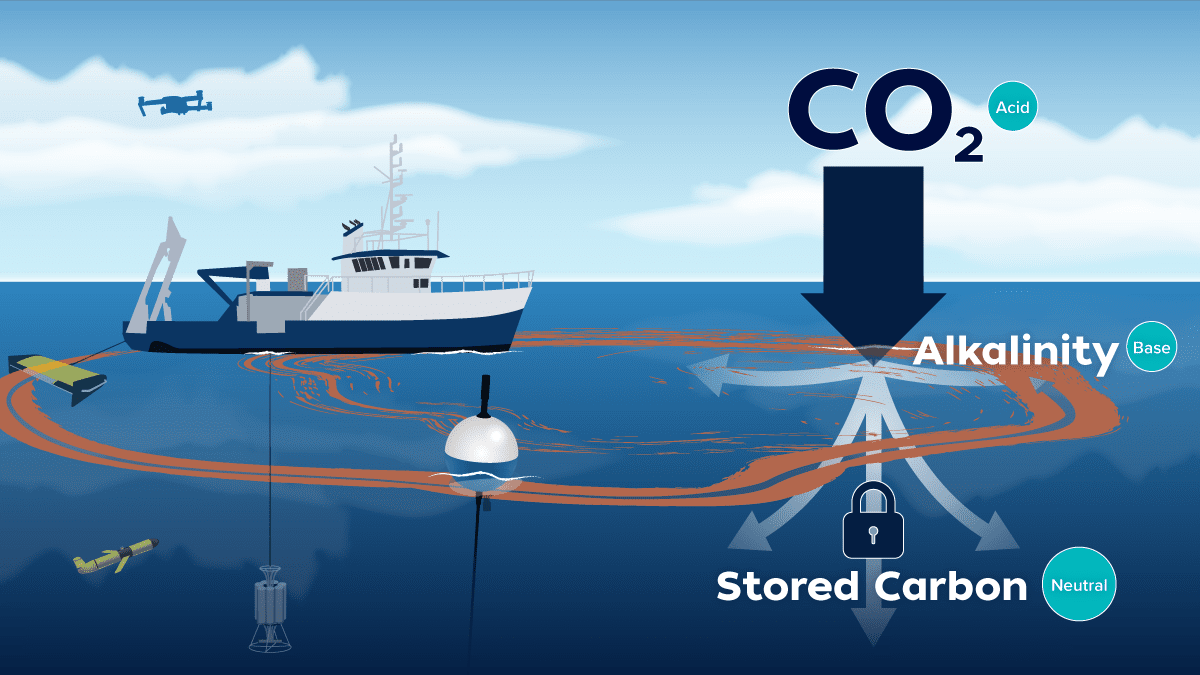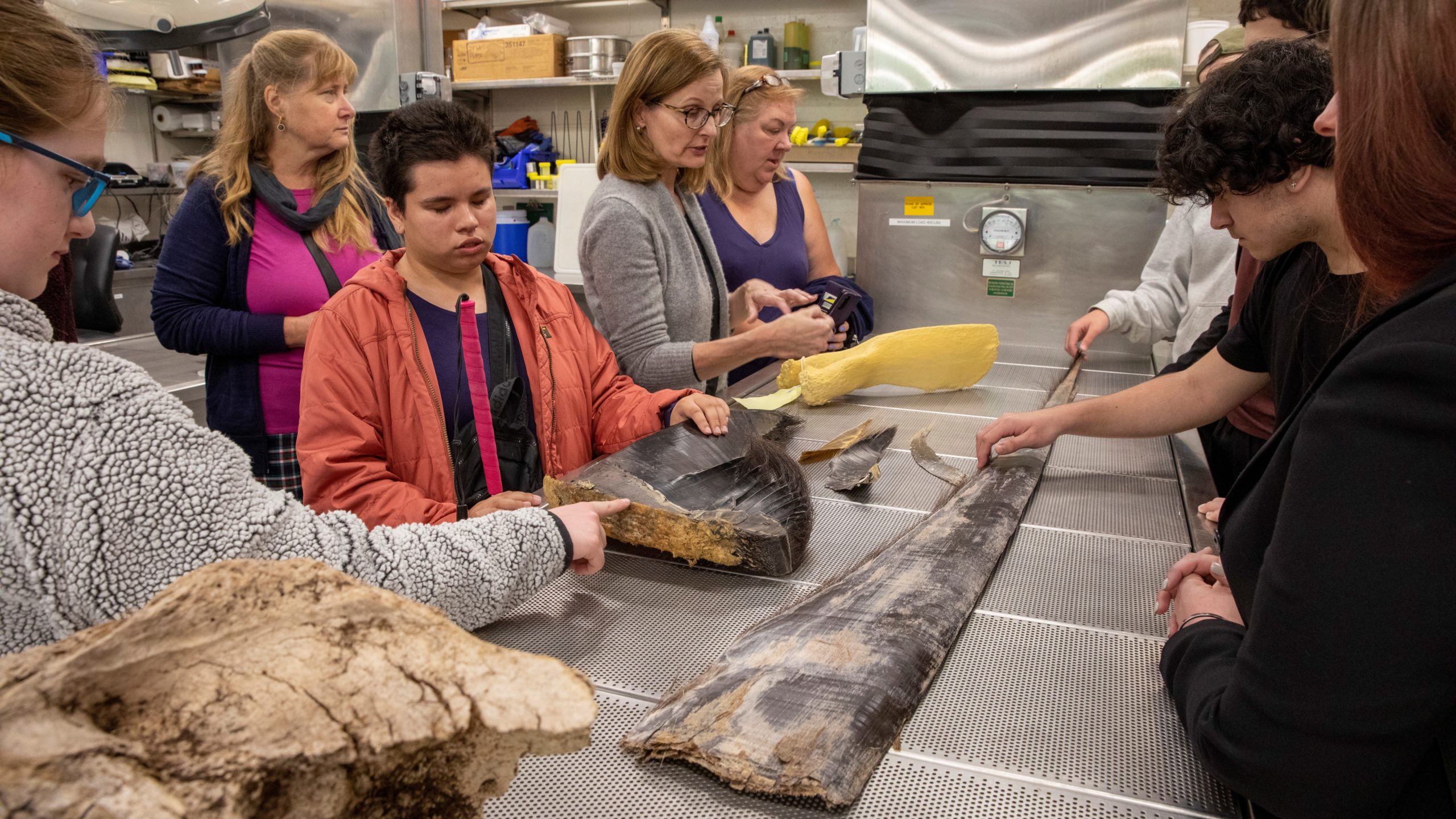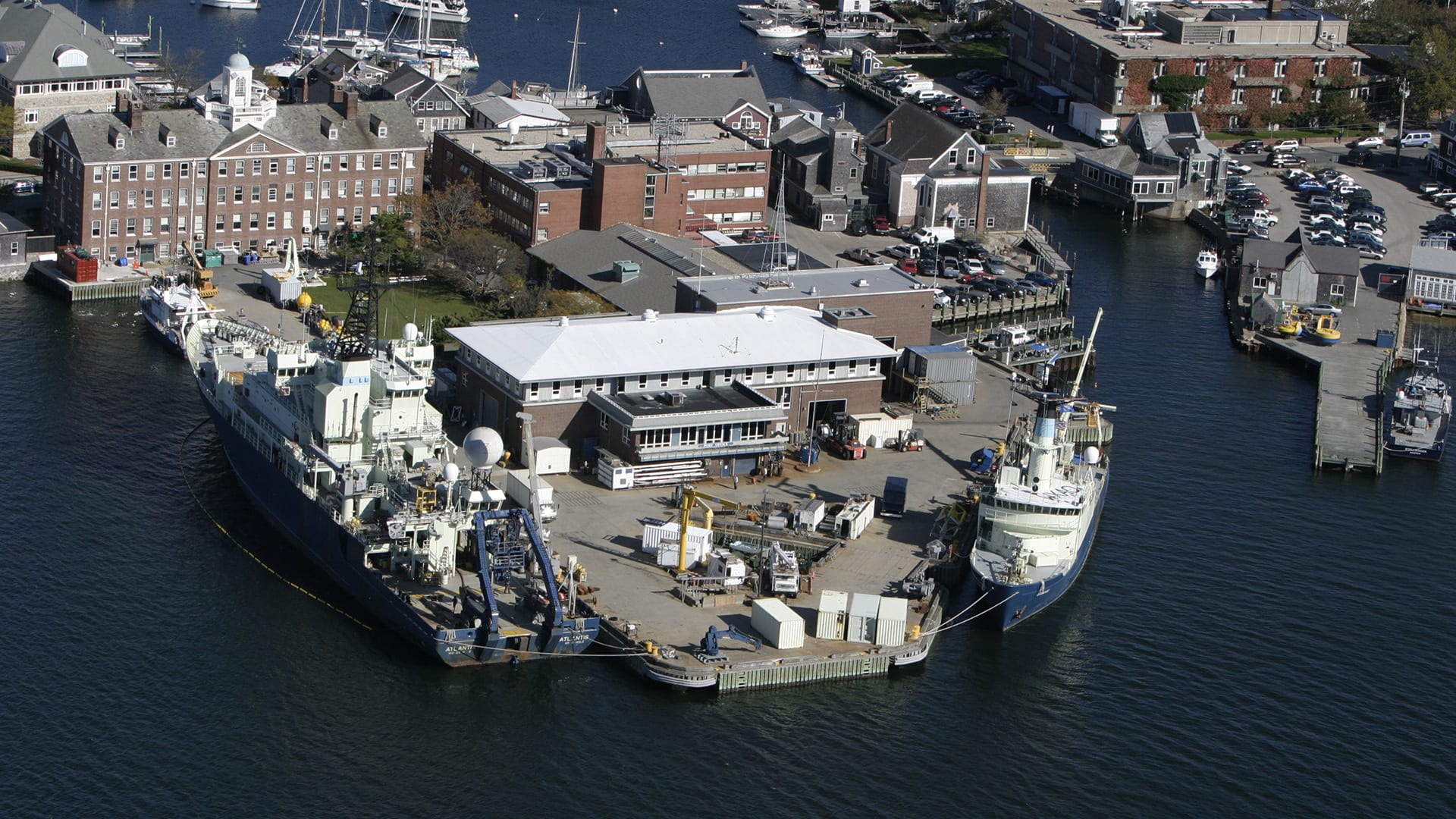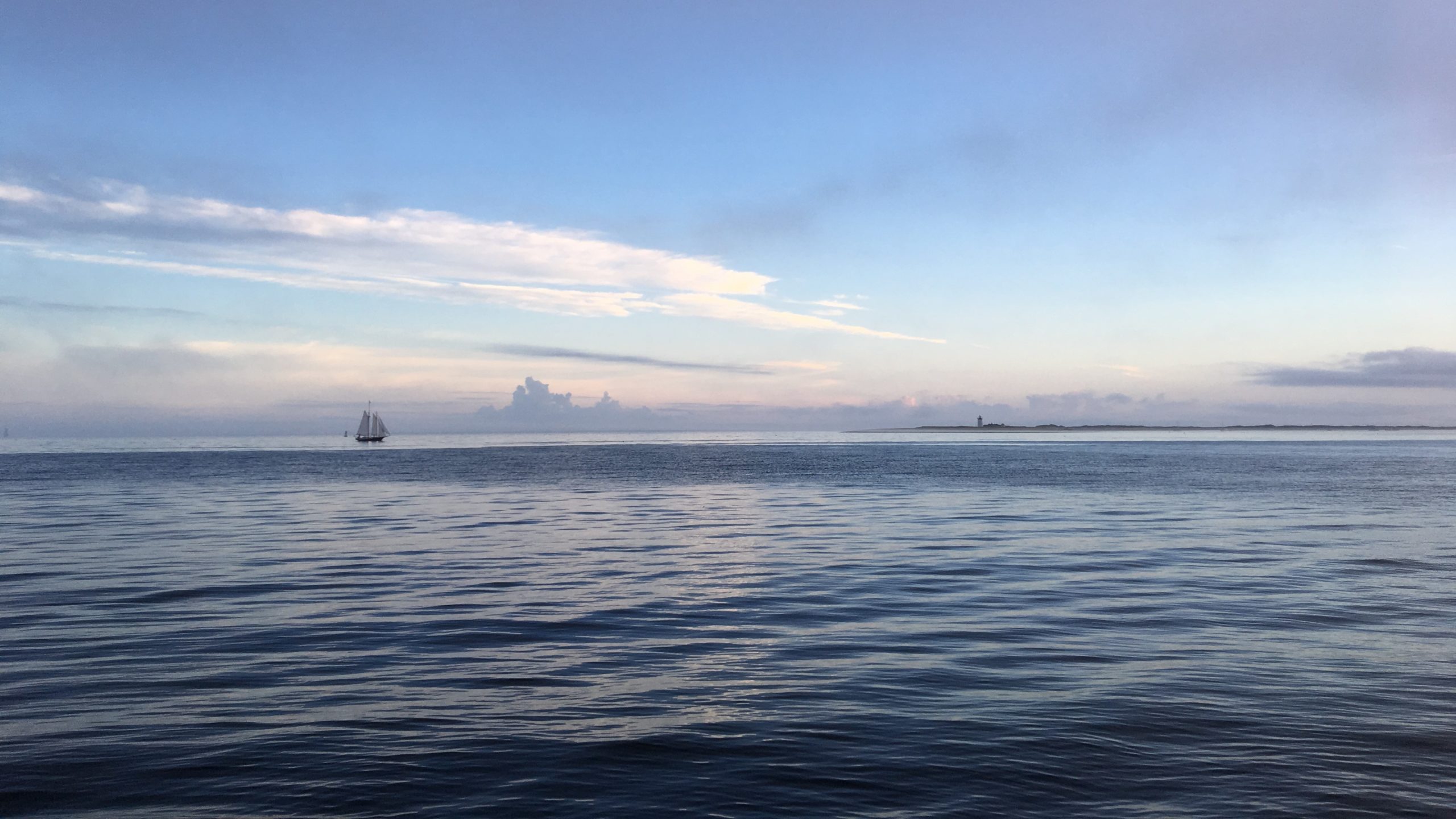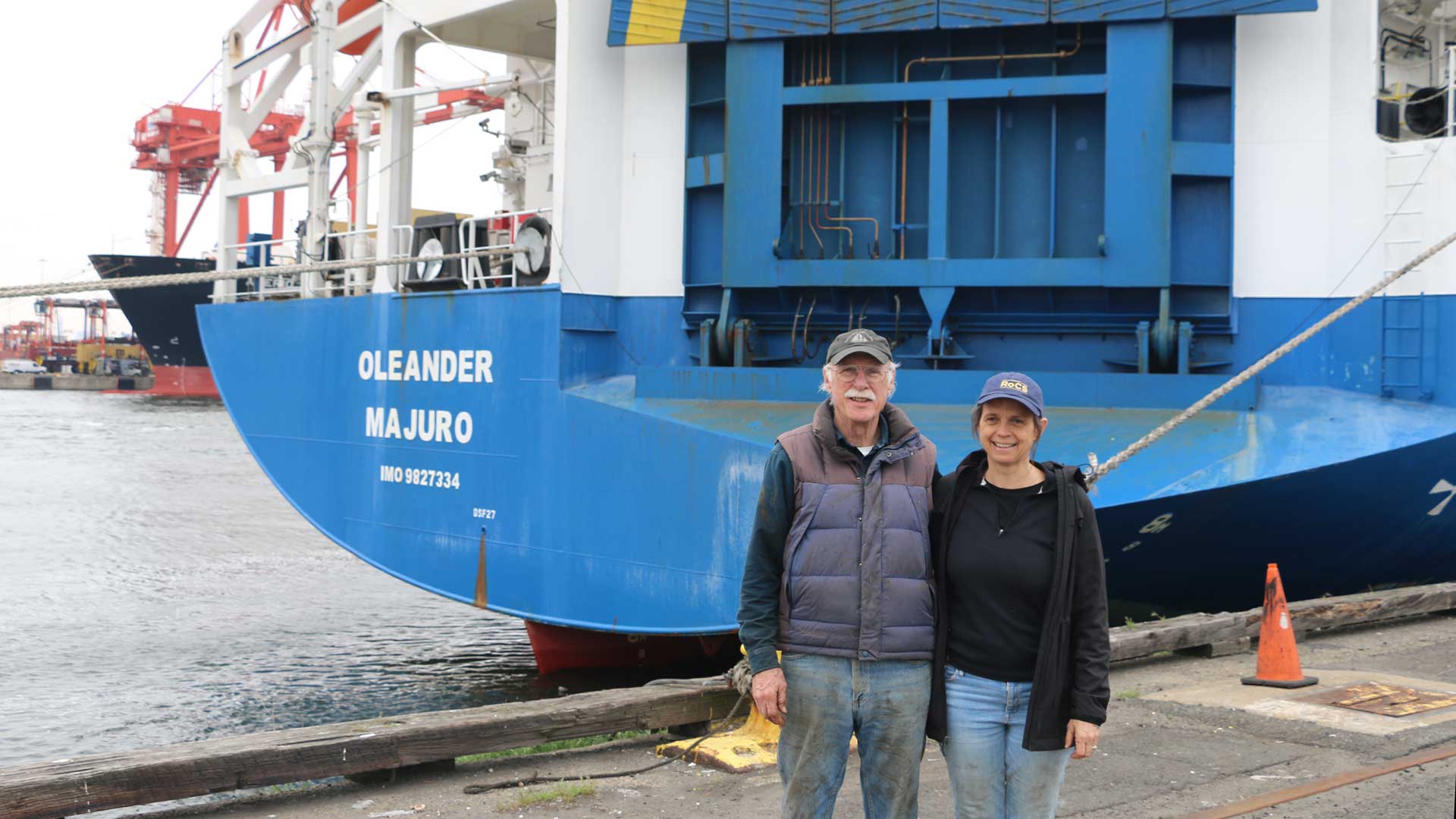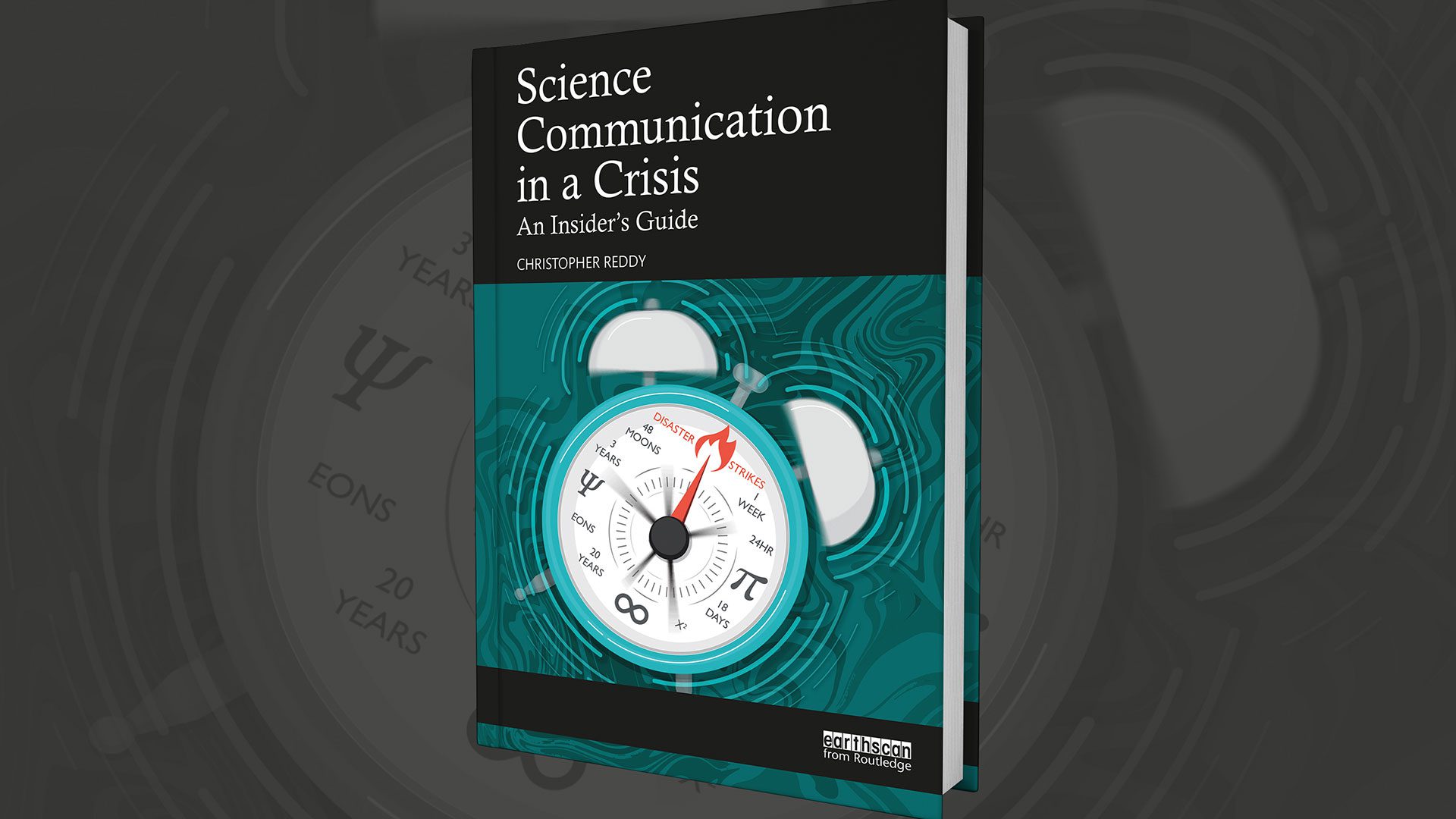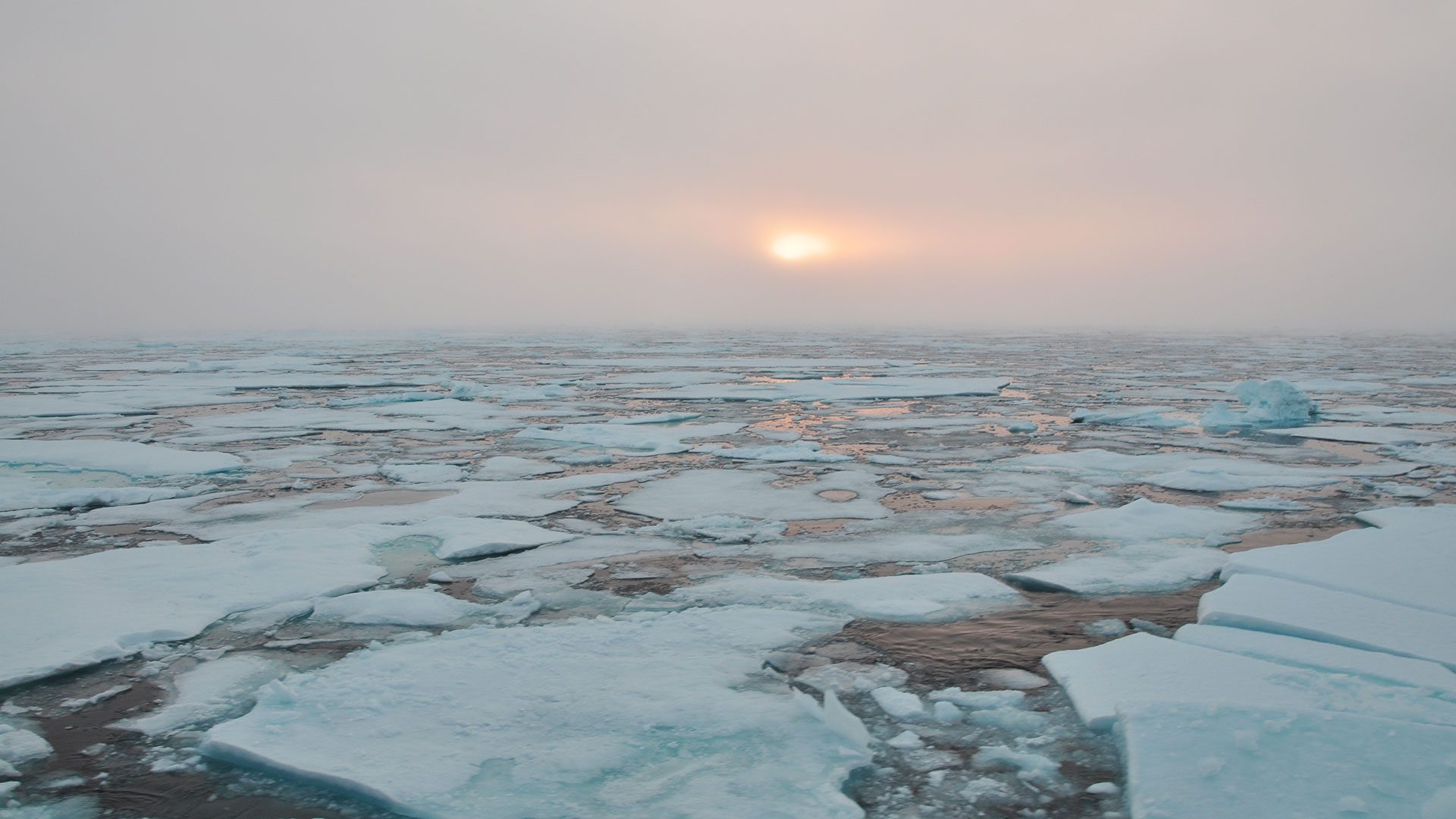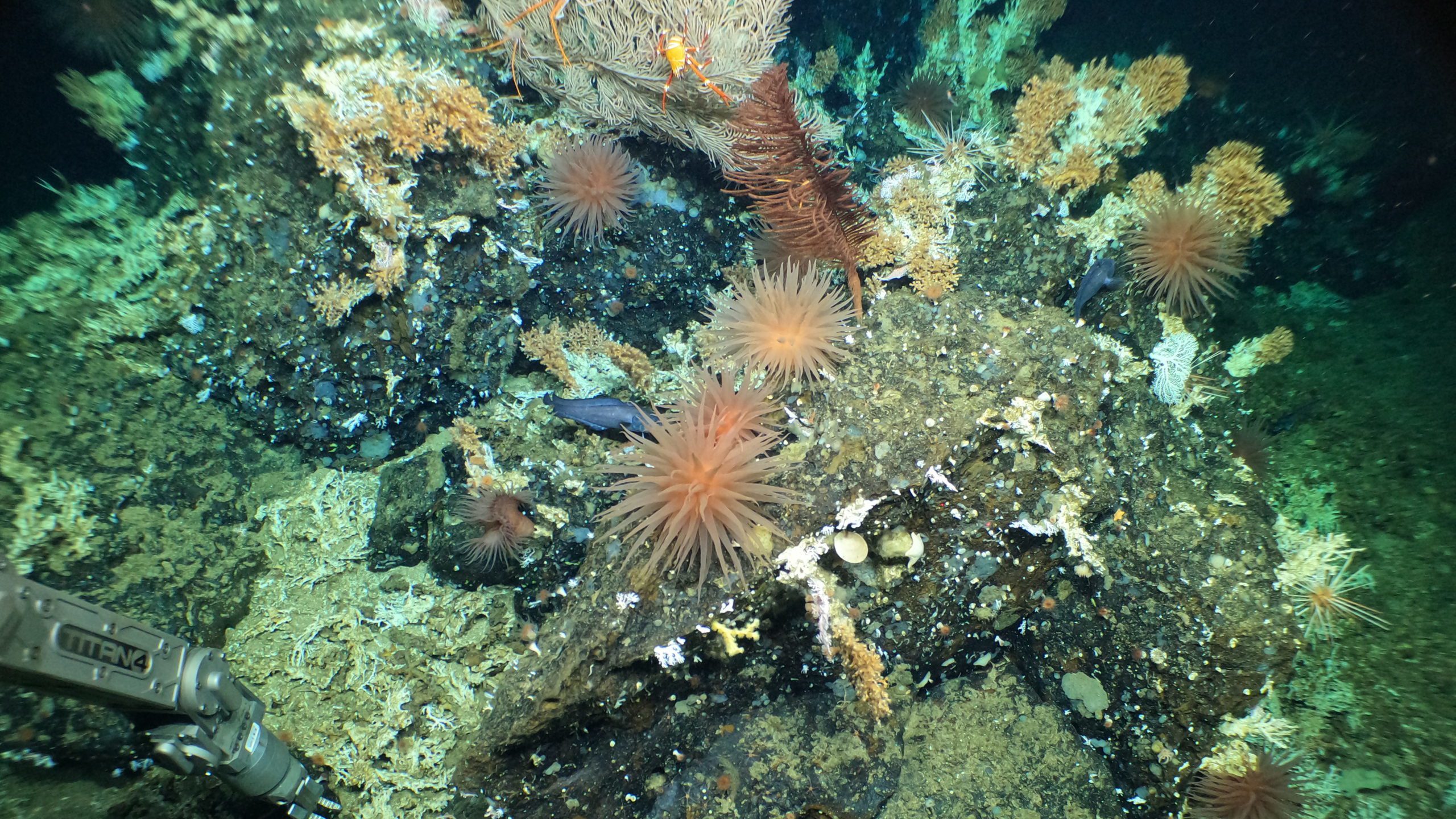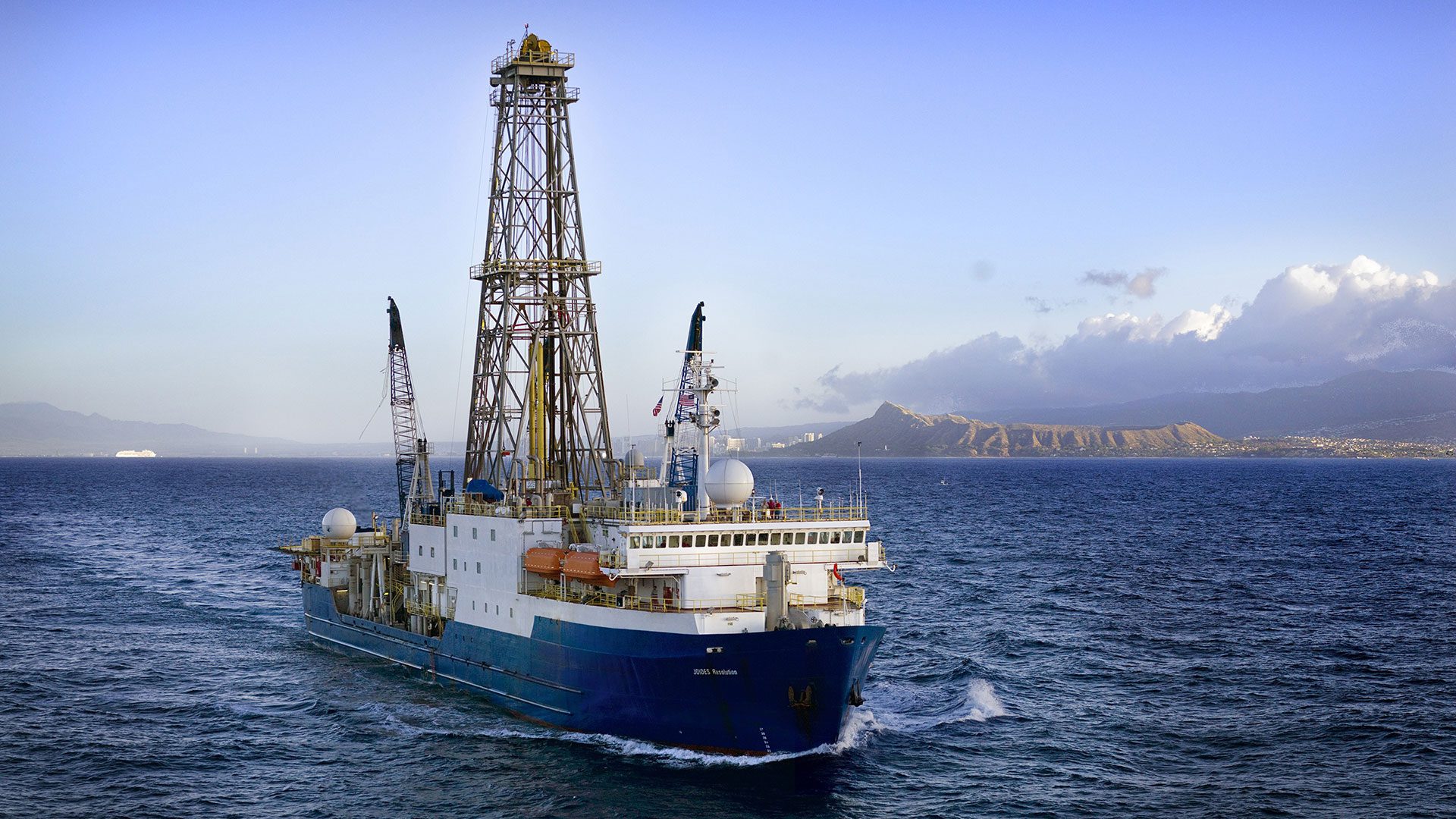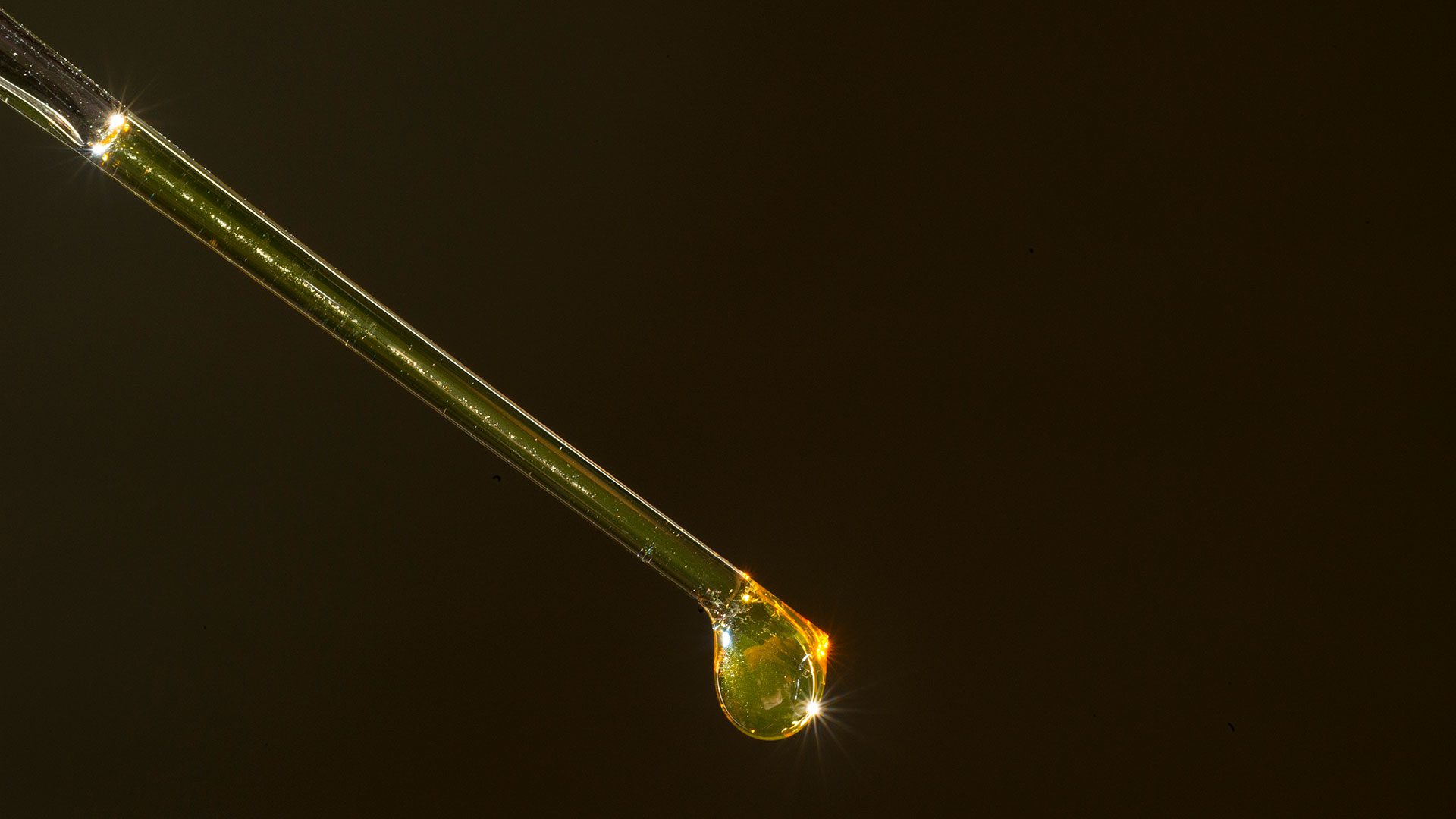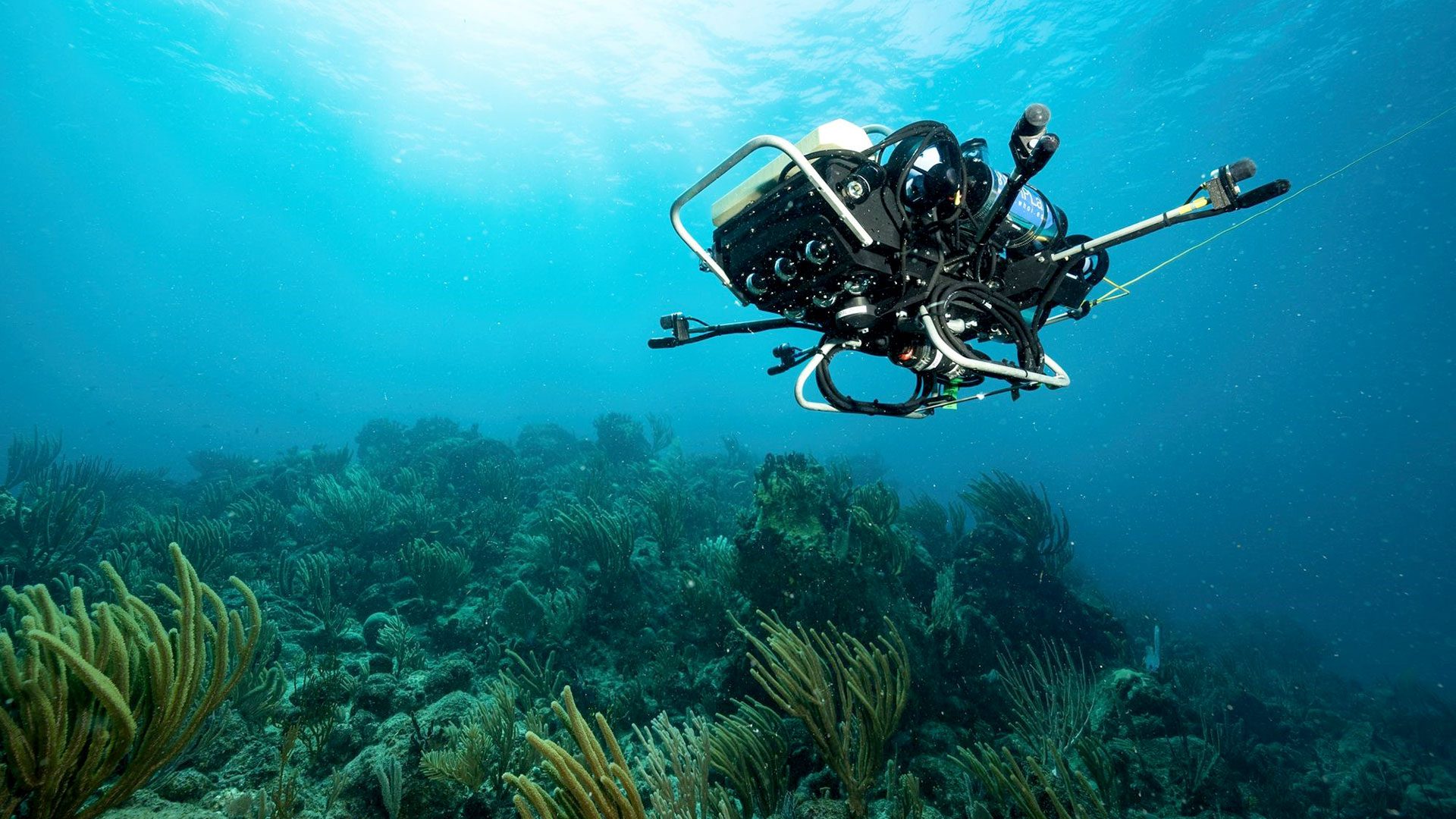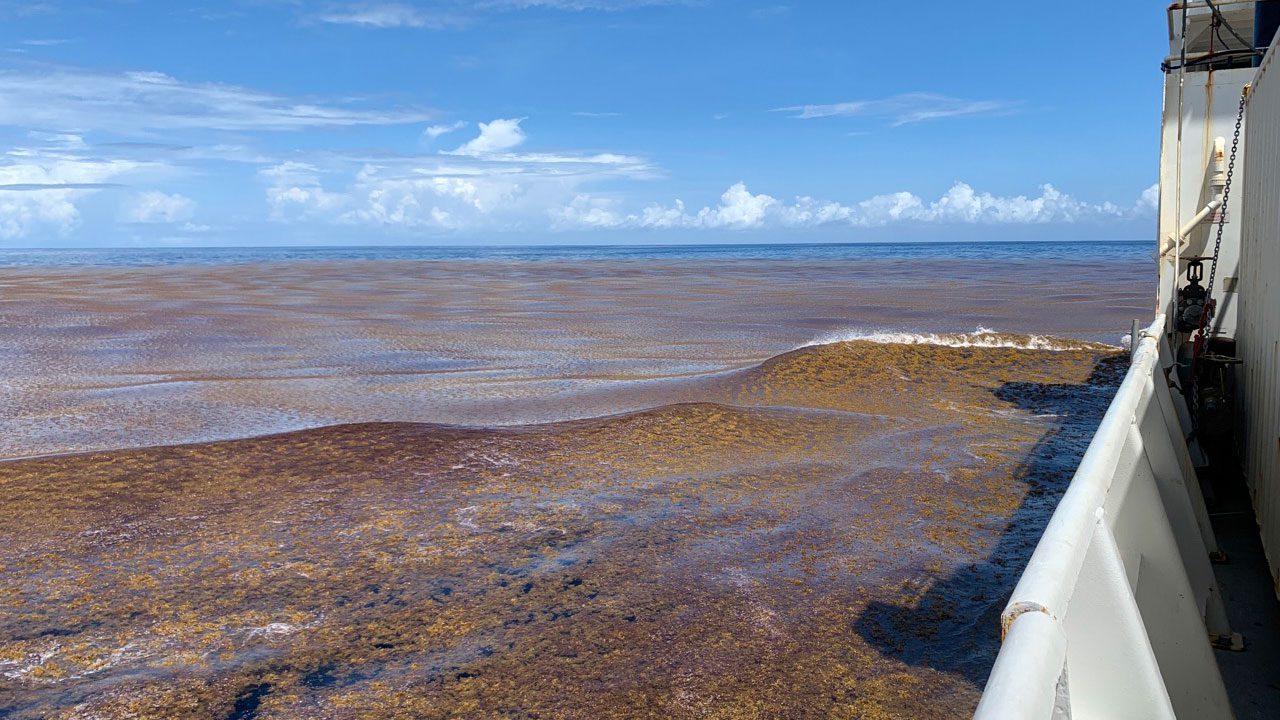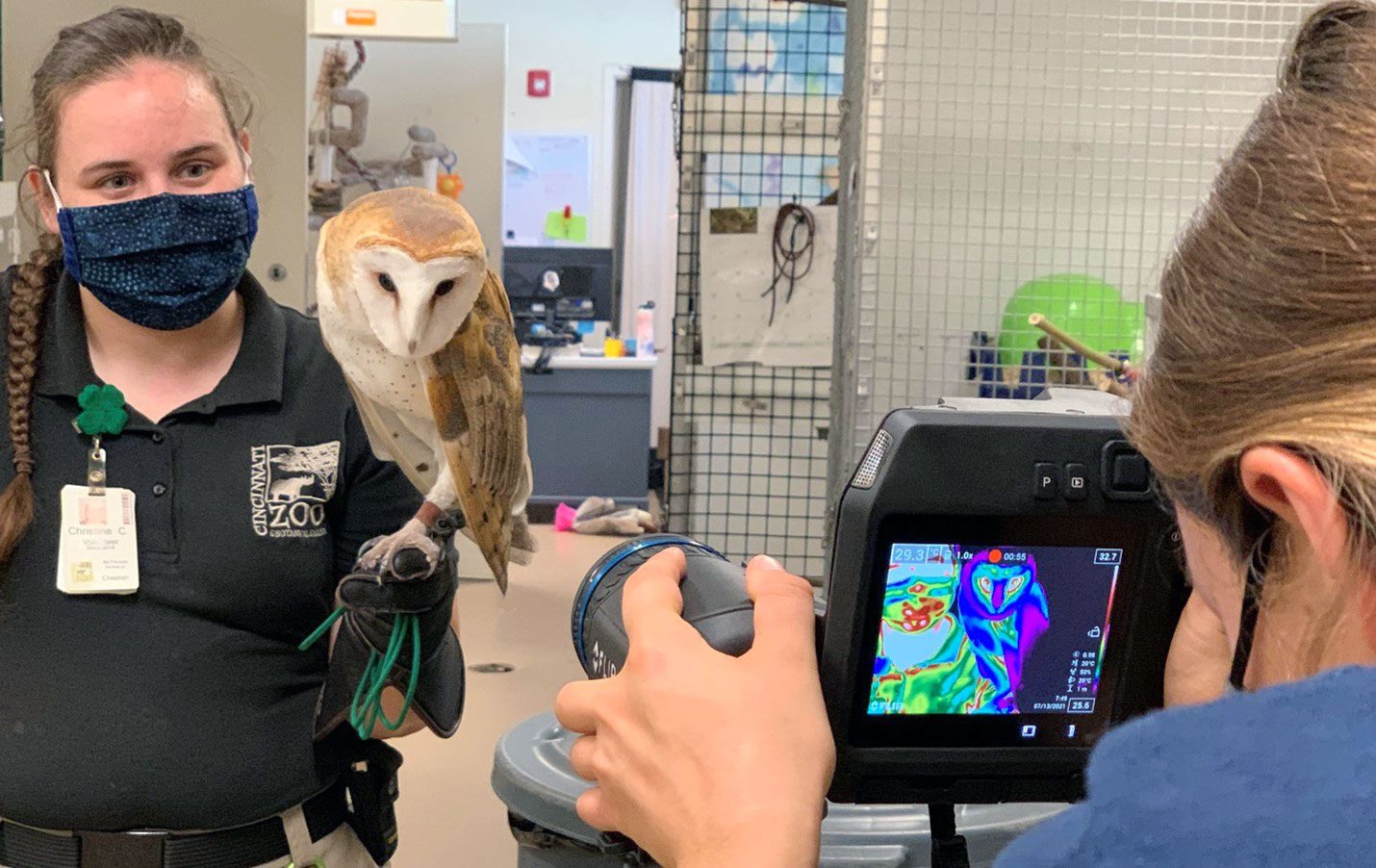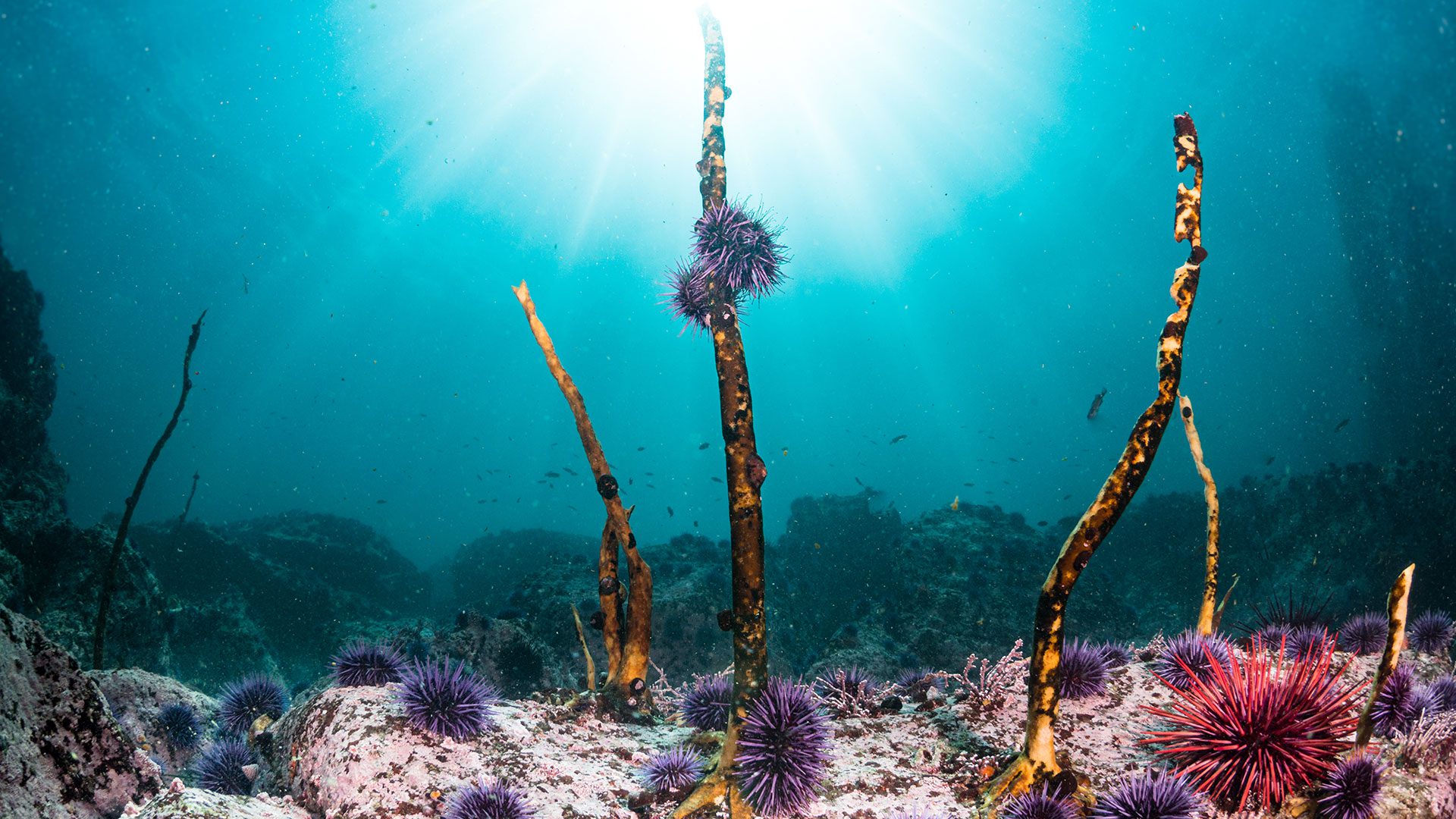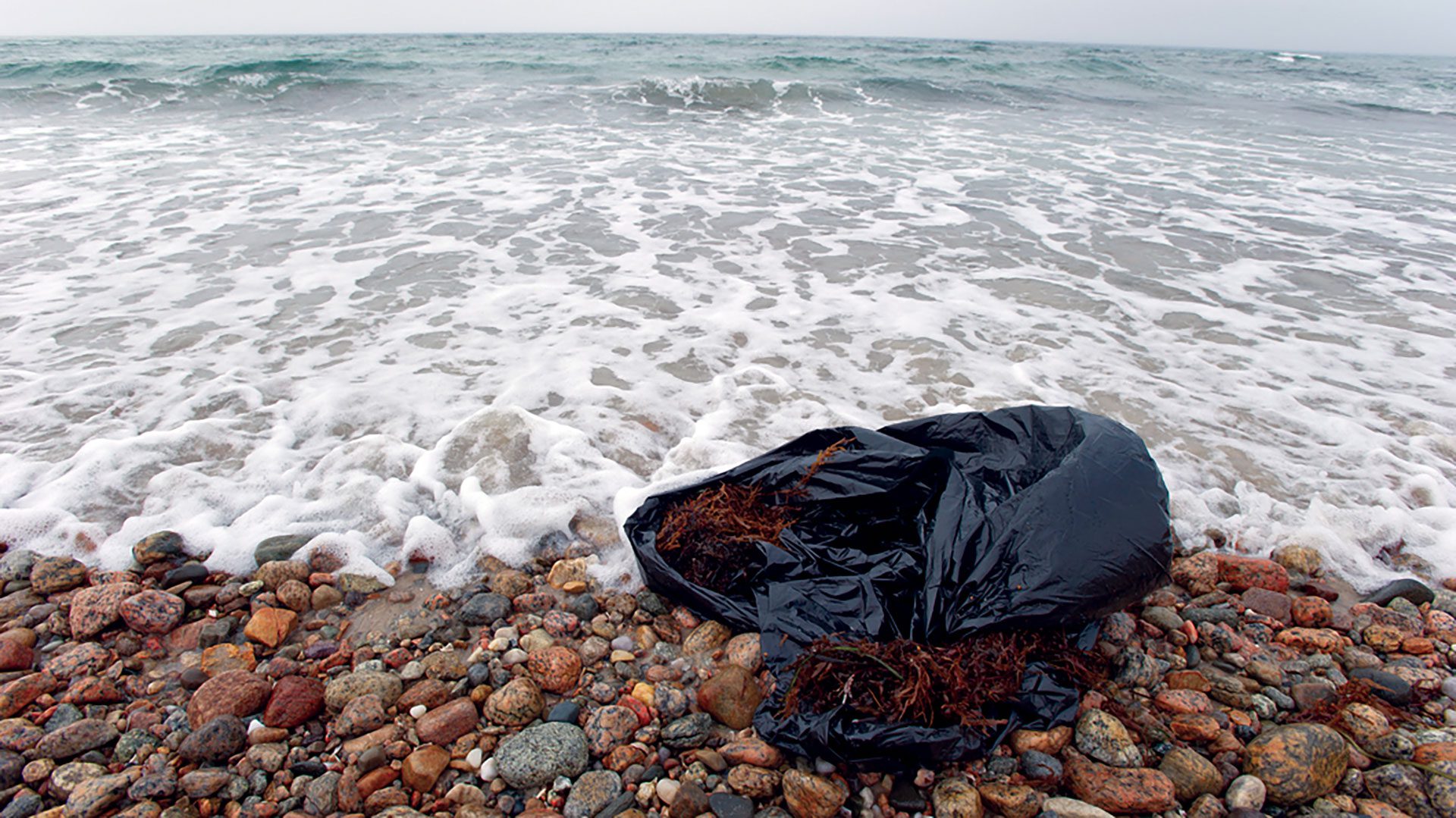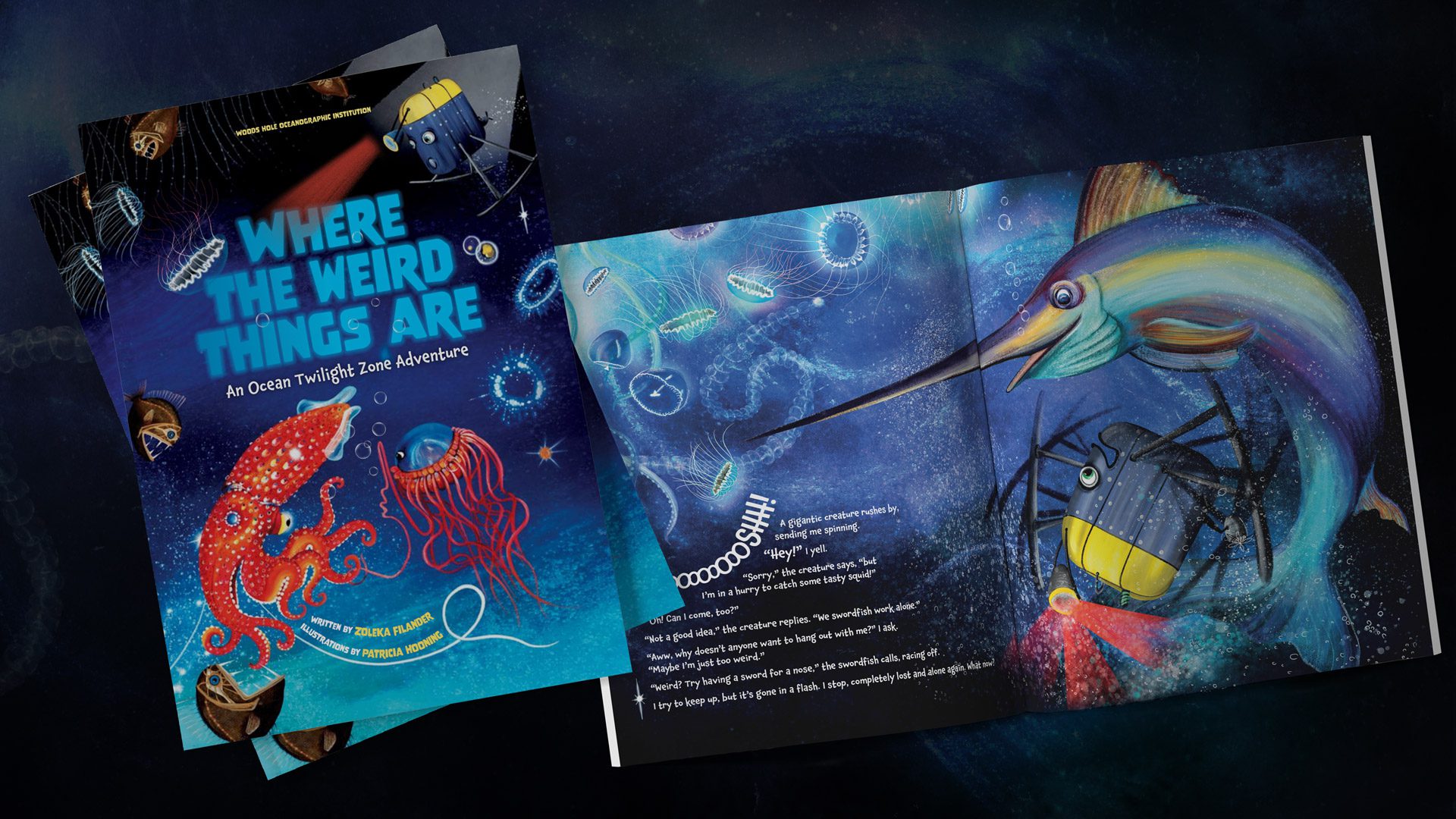News Releases
WHOI Awarded Funding to Support Research and Development of Marine Carbon Dioxide Removal
WHOI researchers are among the 17 projects that have been awarded funding by NOAA’s Ocean Acidification Program on behalf of the National Oceanographic Partnership Program (NOPP).
Read MoreA new framework for oceanographic research
The Shared Autonomy for Remote Collaboration (SHARC) framework “enables remote participants to conduct shipboard operations and control robotic manipulators.
Read MoreTop Fish Predators Could Suffer Wide Loss of Suitable Habitat by 2100 Due to Climate Change
The impacts of climate change on habitats are already evident Woods Hole, MA — A study of 12 species of highly migratory fish predators—including sharks, tuna, and billfish such as…
Read MoreBottlenose Dolphins Communicate in “Motherese” with Their Offspring
Findings are comparable to human mothers, caregivers who modify their speech to infants and children
Read MoreWHOI partners with Cape Cod Children’s Museum to create a new interactive, water exhibit
“Exploring Cape Cod Waters – Become an Ocean Ambassador” now open
Read MoreWoods Hole Oceanographic Institution takes home four Telly Awards
For excellence in video projects “Hope for Corals in Crisis”, and “Give Reefs a Chance” each win a gold and silver
Read MoreOcean Alkalinity Enhancement Project Looks at Pulling Carbon Dioxide from the Atmosphere
Woods Hole Oceanographic Institution project is part of the broader carbon to sea initiative
Read MorePerkins School for the Blind visits WHOI
Students in Perkins School for the Blind’s Outreach Program recently spent the day at the Woods Hole Oceanographic Institution, part of an annual program connecting students engaged in STEM learning through sound and touch, with WHOI oceanographers and researchers.
Read MoreWoods Hole Oceanographic Institution Elects New Trustee and Corporation Members
The Board of Trustees of Woods Hole Oceanographic Institution (WHOI) today welcomed one new Board Member and eight new Corporation Members.
Read MoreMapping the potential path of nuclear wastewater
WHOI Sea Grant will study spreading pathways from Pilgrim Nuclear Power Station
Read MoreOleander Project Transfers to WHOI Management
30-year effort to monitor the Gulf Stream and Northwest Atlantic circulation will continue providing crucial data and insights
Read MoreWHOI Marine Chemist Shares Hard Won Advice for Communicating in the Face of Environmental Disasters
Science Communications in a Crisis: An Insider’s Guide draws on decades of experience
Read MoreAtmospheric Research Provides Clear Evidence of Human-Caused Climate Change Signal Associated with CO2 Increases
Claims that Climate Change Is Natural are Inconsistent with Atmospheric Temperature Trends
Read MoreFirst Observational Evidence of Beaufort Gyre Stabilization, Which Could be Precursor to Huge Freshwater Release
Significant ramifications including impacting the Atlantic Meridional Overturning Circulation, a key component of global climate, are possible.
Read MoreScientists Aboard R/V Atlantis Discover Deep-Sea Coral Reefs in the Galápagos
Observations using the newly upgraded human-occupied vehicle Alvin are the first of a deep-water coral reef in the Galápagos Marine Reserve.
The reefs are located at depths between 400-600 m, atop previously unmapped seamounts.
Building Blocks of Life on the Atlantis Massif
An upcoming expedition aboard the US ocean drilling ship JOIDES Resolution co-led by Susan Q. Lang, a geochemist at WHOI and director NOSAMS Facility, will attempt to shed new light on the processes that likely helped jumpstart the formation of life early in Earth’s history.
Read MoreNatural Wax Holds Promise to Replace Petroleum in Cosmetics and Personal Care Products
Woods Hole Oceanographic Institution and Western Washington University Sign License Agreement for Upwell Cosmetics to Make and Market a Marine Microalga-Derived Wax
Read MoreCINAR Names Four New Fellows in Quantitative Fisheries and Ecosystems Science
The goal of the fellowship program is to engage early-career scientists in research that supports the training and education in the he assessment and management of living marine resources in the Northeast U.S.
Read MoreToward a New Era of Reef Solutions
WHOI coral reef researchers propose a new technology-centered focus to study and conserve coral reefs
Read MoreThe Great Atlantic Sargassum Belt
Opportunistic sampling shows geographic scope of distribution, offer some of the first sampling opportunities
Read MoreWoods Hole Oceanographic Institution partners with zoological facilities to find new ways to study heart rate, respiration in wild animal populations
Baseline data collected in controlled settings offers a glimpse into how researchers might be able to use the technique to study animals in the wild
Read MoreNew study uncovers unprecedented declines in iconic kelp forests along Monterey Peninsula, with glimmers of hope in Oregon and Mexico
Woods Hole Oceanographic Institution part of collaborative team working to save kelp
Read MoreWHOI helps lead groundbreaking study on the human and ocean health impacts of ocean plastics
For the first time, leading researchers from the fields of healthcare, ocean science, and social science have collaborated to quantify plastic’s considerable risks to all life on Earth. The Minderoo-Monaco Commission on Plastics and Human Health report, released today, presents a comprehensive analysis showing plastics as a hazard at every stage of their life cycle.
Read MoreWHOI’s first children’s book “Where the Weird Things Are” now available
By Zoleka Filander and llustrated by Patricia Hooning
Where the Weird Things Are is the first children’s book from the Woods Hole Oceanographic Institution (WHOI) and is inspired by the groundbreaking work of the Ocean Twilight Zone (OTZ) project, and Mesobot, an innovative hybrid robot designed specifically to study life in the ocean twilight zone.

